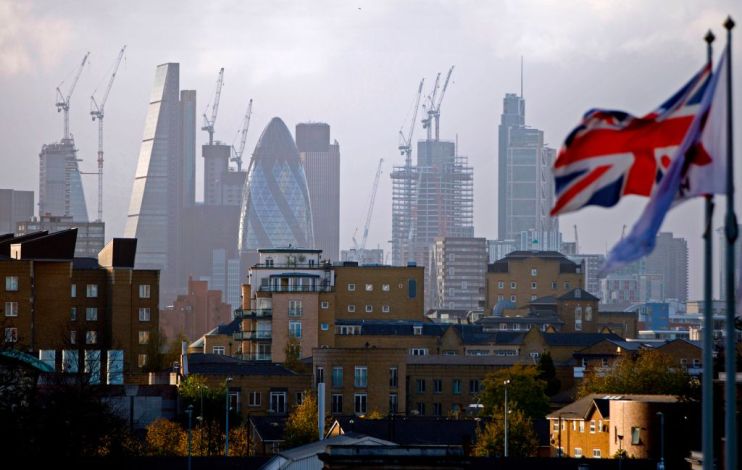An inclusive market economy is well within reach post-Brexit

In his Greenwich speech last week, the Prime Minister persuasively set out how the Brexit process must carry with it a Canada-style free trade agreement, resting on the “indispensable principle of comparative advantage.”
For Boris Johnson, this means embracing free trade to raise living standards and lift people out of poverty, while casting aside the EU’s obsessive rules on competition, subsidies, social protection and the environment.
But “free trade” fast becomes nothing more than an ideological wish when it fails to guarantee domestic prosperity across the UK regions. The government’s political reputation now depends on that.
The Conservatives won the election on a platform of “getting Brexit done” and “one nation conservatism”. That means government for all, both on delivering Brexit and generating prosperity for the people.
Those pledges inevitably mean rejecting a past of “crony capitalism” which allowed a small London elite to use political power to extract wealth and avoid taking responsibility for how markets functioned.
Modern capitalism provides vast wealth for the few and too little for the many. This is not because some people took risks which paid off, but because casino-like practices rigged the market. The cards are often stacked against investors and businesses outside the clique. But a more inclusive market economy is well within the realms of our post-Brexit world.
As our research at Civitas sets out, a more moral, national and inclusive capitalism requires the government to enhance personal freedom and enable free enterprise. Then, all members of society can improve the common welfare through mutual cooperation.
The government must ensure sound money and tax private companies fairly to pay for public services. As economist John Maynard Keynes identified in the 1930s, prosperity for British citizens ought to be the primary objective of economic policy — and achieved through national self-sufficiency.
In our chief executive David Green’s challenge to the old world view of free market fundamentalism — in his book, Inclusive Capitalism — it is apparent that commitments to trade in a post-Brexit market economy should not be based on a lack of state intervention. Instead, they should be founded on carefully-crafted policies that support domestic business, entrepreneurialism, and commerce.
Unlike ever before, the government must consider retaining existing enterprises and reshoring production across the regions. Future state investment in car makers and civil aircraft production needs to be reclaimed by the people, for the people. Ministers must look back to steel (including Redcar), the ceramics of Stoke on Trent and chemicals industries in Teesside, and stop undermining their advantage by imposing costs or failing to safeguard them with trade rules.
In trade, if we are to genuinely regain the principle of comparative advantage, we will need to be intelligent about policymaking and address dumping practices in the global trading environment. Moreover, we must close down our own home-grown competitive disadvantages — such as the cost of energy — that have made our industries uncompetitive.
If we are to reorient our economy to focus on prosperity for all in an independent country, it must support a renewed trading culture. The change in emphasis means that we must create wealth by investing in localised productive assets and employing a national workforce.
That way, Britain can make things and deliver services which work for ourselves at home, and which can be exported across the globe.